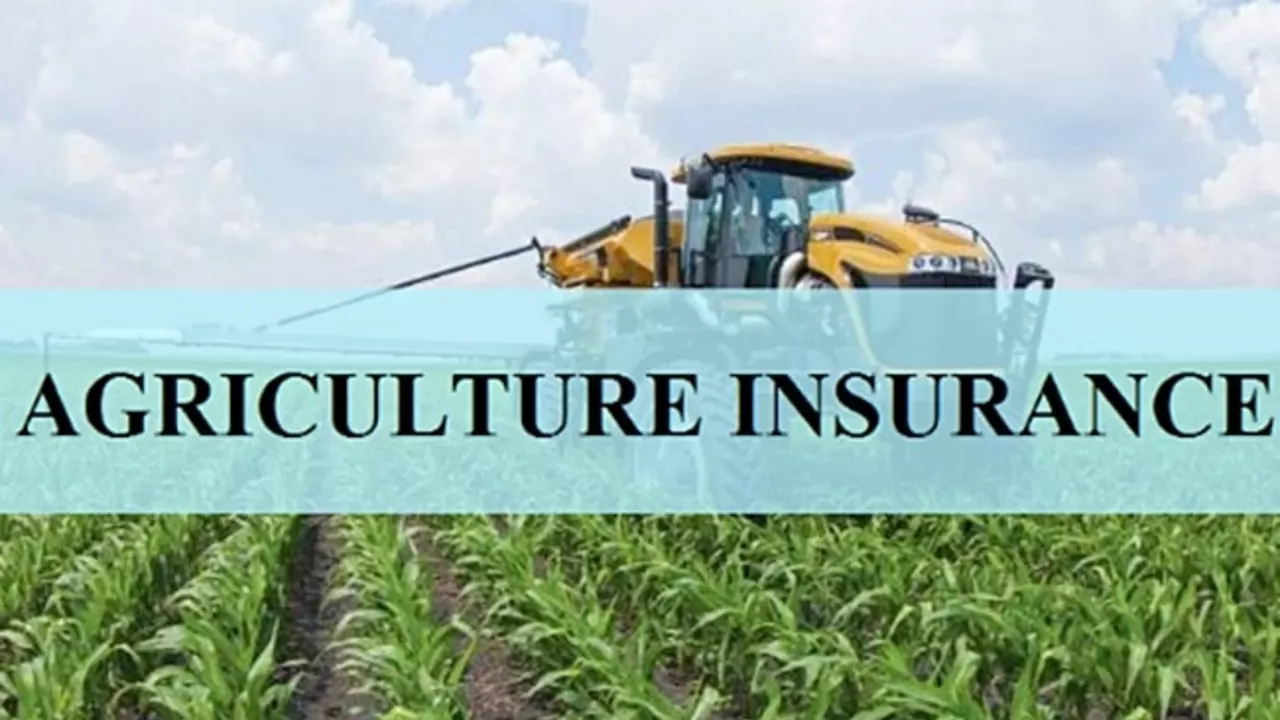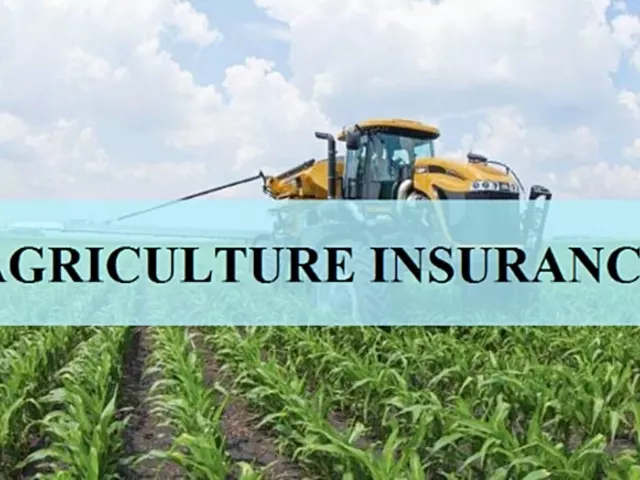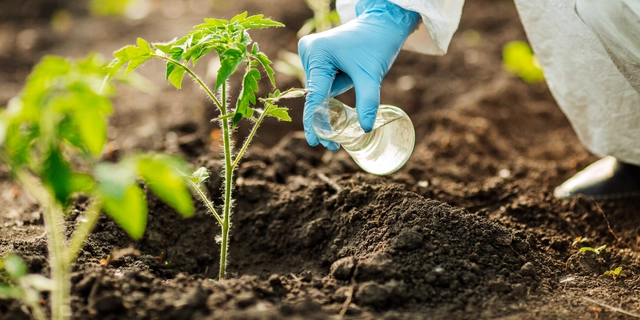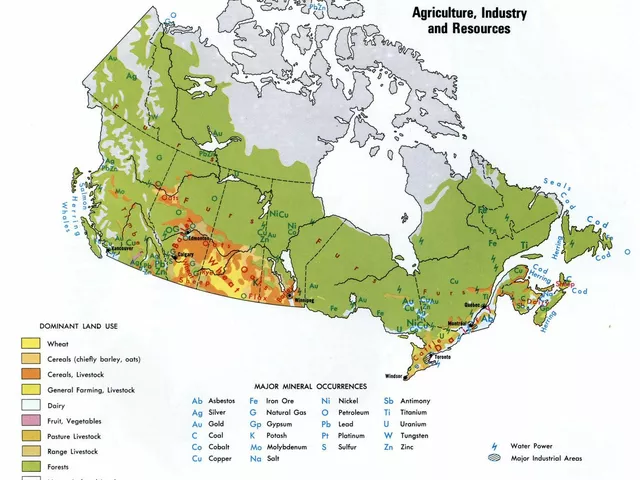Understanding the Role of Government in Agriculture
Before we delve into the necessity or lack thereof of government involvement in agriculture, it is important to understand exactly what role the government plays. In most countries, the government is involved in setting policies, providing subsidies, and ensuring food safety. They provide resources and support to farmers, encourage research and development, and set standards for agricultural practices. This involvement is aimed at ensuring food security and promoting sustainable farming practices.
The Benefits of Government Support in Agriculture
Government support in agriculture comes with numerous benefits. For instance, subsidies can help farmers manage the high costs of farming equipment and supplies. It also aids in mitigating the risks associated with crop failure due to unpredictable weather patterns. Furthermore, the government's involvement in research and development leads to the discovery of more efficient farming techniques and hardier crop varieties. This helps increase crop yields and ensures food security.
Drawbacks of Government Dependency
However, dependency on government support is not without its flaws. For one, it can discourage innovation and self-reliance among farmers. Farmers who are used to receiving subsidies may become complacent and less inclined to adopt new, more efficient farming techniques. Additionally, government policies can sometimes be detrimental to small-scale farmers, favoring larger, corporate farms instead.
Exploring the Concept of Self-Sufficiency
While government support can be beneficial, it is equally important for farmers to strive for self-sufficiency. This means being able to sustain their farming activities without relying heavily on government subsidies or support. Self-sufficiency encourages innovation and resourcefulness among farmers. It also fosters resilience, as farmers who are not heavily dependent on government support are better equipped to handle changes in policies or funding cuts.
Importance of Sustainable Farming Practices
Whether farmers are reliant on government support or striving for self-sufficiency, sustainable farming practices should be a key focus. Sustainable farming not only benefits the environment but can also be economically beneficial for farmers. Practices such as organic farming, permaculture, and agroforestry can increase soil fertility and crop yields while reducing the need for expensive chemical fertilizers and pesticides.
The Role of Technology in Agriculture
Technology has a significant role to play in reducing dependency on government support in agriculture. Advances in technology have led to the development of precision farming techniques, which allow farmers to manage their farms more efficiently and increase their productivity. Technology can also provide farmers with access to information and resources, reducing their dependency on government support.
Government's Role in Promoting Technology and Innovation
While farmers should strive for self-sufficiency and make use of technological advances, the government still has a role to play in promoting technology and innovation. This can be through providing funding for research and development, setting policies that encourage the adoption of technology in farming, and providing training and resources to farmers.
Striking a Balance Between Government Support and Self-Sufficiency
Ultimately, it is not a question of whether farmers should completely depend on the government for agriculture or strive for complete self-sufficiency. Instead, it is about striking a balance between the two. Farmers should make use of the resources and support provided by the government but should also strive to be self-sufficient and innovative. On the other hand, the government should support farmers but also encourage self-reliance and innovation.





